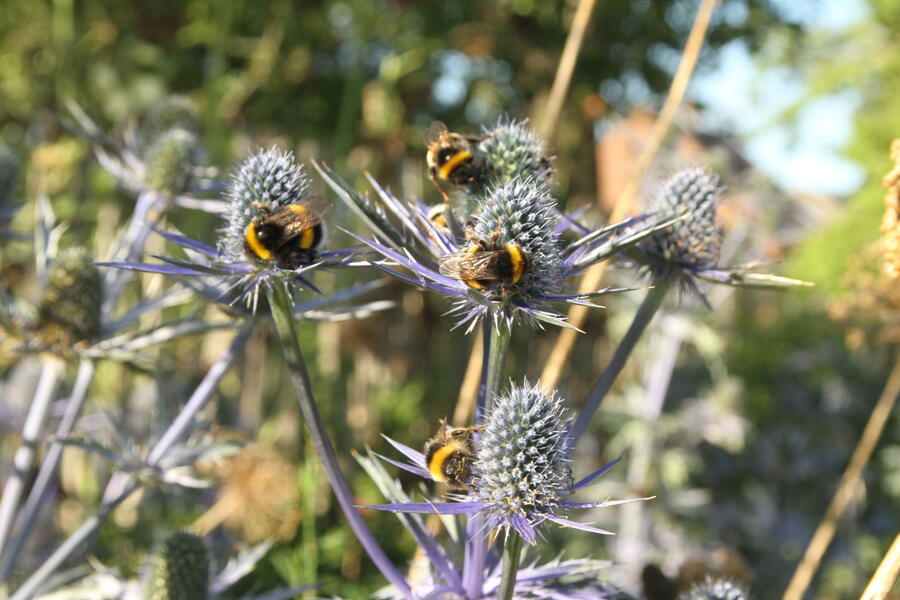
Freedom of nature
Sustainable getaways
Real human connections
Sustainable Holidays in Belgium
Belgian landowners are here to provide sustainable holidays in Belgium for all those looking to reconnect outside!
Apart from directly benefiting the environment, sustainable holidays provide you with memorable outdoor experiences and shape you into a more conscious traveller. For these hosts, reconnecting outside entails respecting other living species in the hopes of meeting the needs of future generations. By spreading knowledge and awareness, our hosts show us how to become more connected and invested in the environment around us!
A look at Belgium
Belgian hosts are ahead of the game by being the most active Campspace hosts with sustainability practices in place, totalling nearly 400 measures. These include water saving measures, solar energy use, organic products, and food gardens. However, this number does not accurately represent all sustainable initiatives offered by our Belgian hosts, as many are in the form of education and services, efforts which deserve to be recognised!
Reconnecting outside lies at the heart of sustainable holidays
At Ruben and Eva’s eco-domain, you can profoundly connect with yourself and nature, making it a great option for those looking for sustainable holidays in Belgium. In 2010, Ruben started a spiritual centre made of ecological materials in the city of Ghent. However, with time the centre began to feel far too small and Ruben’s soul was yearning for nature. They felt inspired to open a wellness retreat nestled amidst a forest, and that is precisely what they did. In 2018, they became the guardians of their newly purchased property in Flanders. SoulPath is an eco-domain made of natural building materials designed for guests to reconnect with nature, but on a much deeper level.
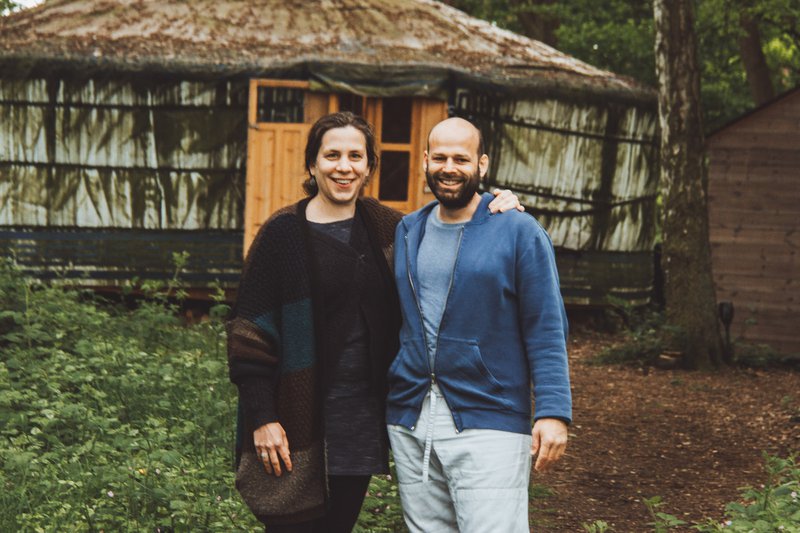
Here, guests are encouraged to refrain from consuming meat and to respect a vegetarian lifestyle during their stay. Ruben says that “in reconnecting with nature, we believe that we have to love the living animals, not the dead animals on our plate”. They strictly serve vegan and organic breakfasts to their guests using ingredients from a local biological farm. Supporting local businesses and purchasing local, vegan, organic produce is extremely important to them. Reducing meat consumption or supporting local food vendors are the most impactful ways to lessen greenhouse gas emissions associated with animal-based food production. The entire cycle of meat production is responsible for a third of greenhouse gas emissions worldwide. By simply being aware of the impact of mass produced and processed meat, the entire food system can shift towards a more sustainable and accountable system.
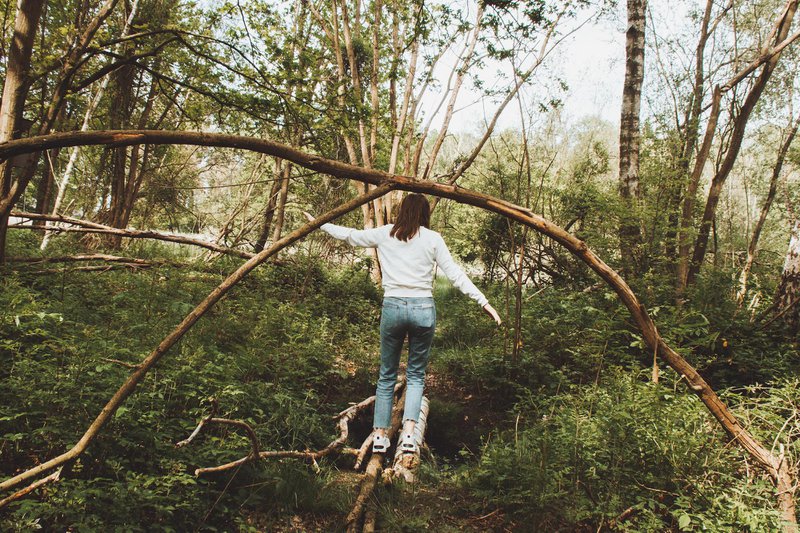
As such, communicating information and bringing awareness to holistic living is one of Ruben and Eva’s biggest values. At Soulpath, they help you connect in depth with yourself and nature through offering optional personal development workshops and meditations, which can provide physical, mental, and spiritual benefits! Make the most out of your sustainable holidays by treating your body and soul with love and care from the inside out!
Interacting with nature on behalf of nature
During your holidays, being mindful of your consumption patterns goes a long way, but so does respecting the natural habitat of living species. Ellen and Nico’s ecological garden is indeed The Place to Bee. Located near Lede, this quiet getaway serves as a great escape for city dwellers looking to go on sustainable holidays while equally acting as a sanctuary for honeybees. The welfare and population of these pollinators are in sharp decline due to climate change, intensive farming practices, excessive use of agricultural chemicals, and diseases. This is cause for concern considering bees play a vital role in human food security worldwide. Bees pollinate one third of the food we eat, therefore, disrupting their habitat could lead to global nutritional deficiencies.
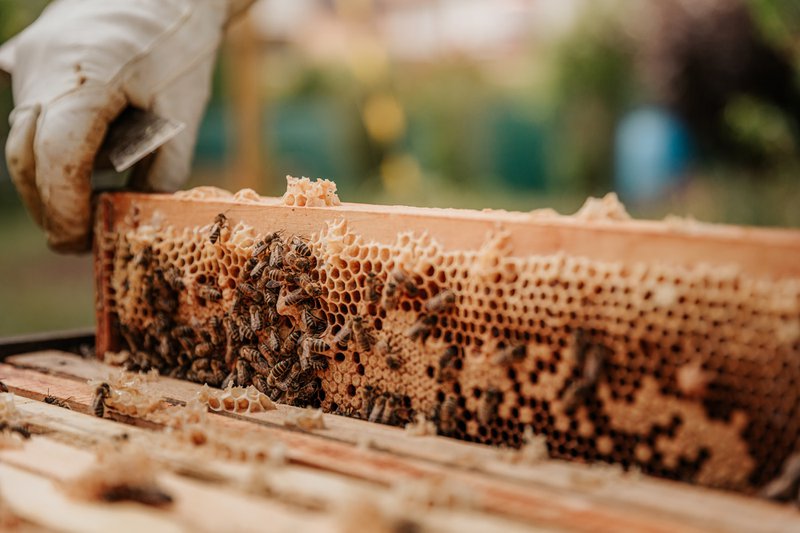
Ellen first became interested in the ways bee populations work, specifically the hierarchy in their colonies, how they orient themselves towards the sun, and how they communicate to each other on where to find good nectar sources. A herbalist and a beekeeper, Ellen now has 2 hives of carnica bees, which translates to more than 120,000 bees. Sharing knowledge about pollinators and plants with her guests is a great pleasure of hers. In June, the first batch of honey can be harvested depending on whether there is enough honey leftover for them to survive the winter. In the summer months, you can enjoy freshly harvested honey in their beautiful open field and leave your holiday with newfound knowledge of different plants and pollinators.
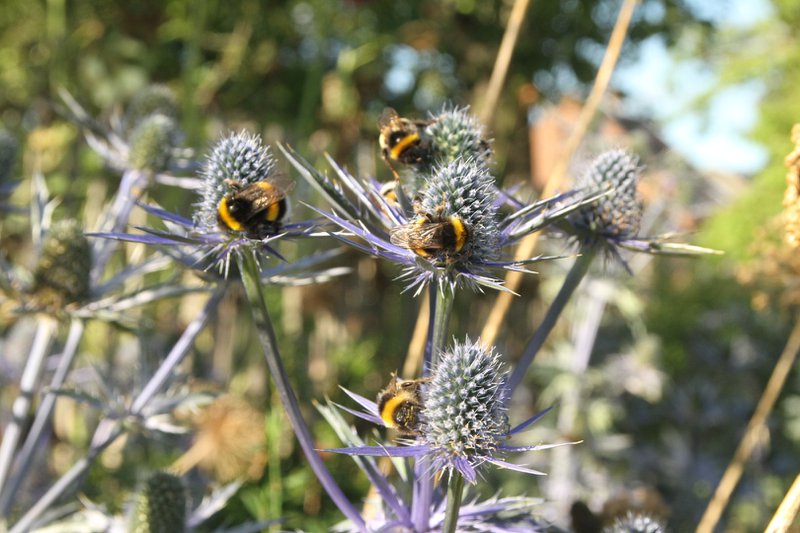
It’s essential to do our part to protect pollinators so that in turn, they can help sustain human life. Ellen says that “the most important thing people can do is to plant bee-friendly shrubs, plants or flowers in their garden or on their terrace. It's also very important not to use pesticides or herbicides. The decline in the number of bees, bumblebees and butterflies is mainly due to the disappearance of their habitat, of wild flowers, and the use of pesticides. Every little flower or plant helps a whole number of bees to gather their food. If you know that for 500g of honey a bee visits about 6 million flowers, every extra flower or plant is certainly welcome!”
Find your sustainable getaway
Up to 95% CO2 reduction if you book a campspace adventure. Learn more